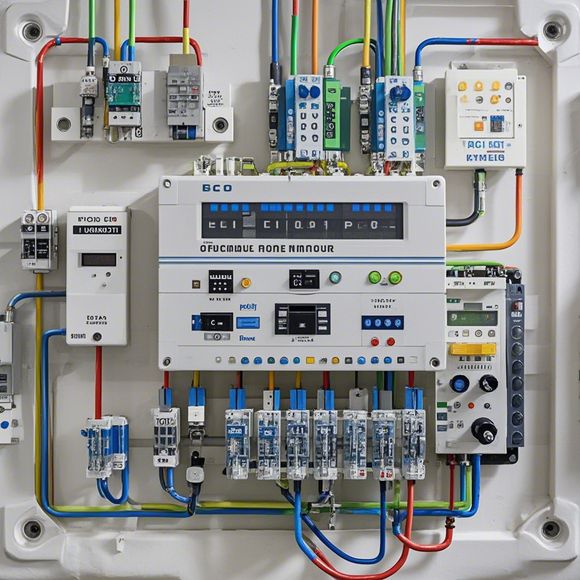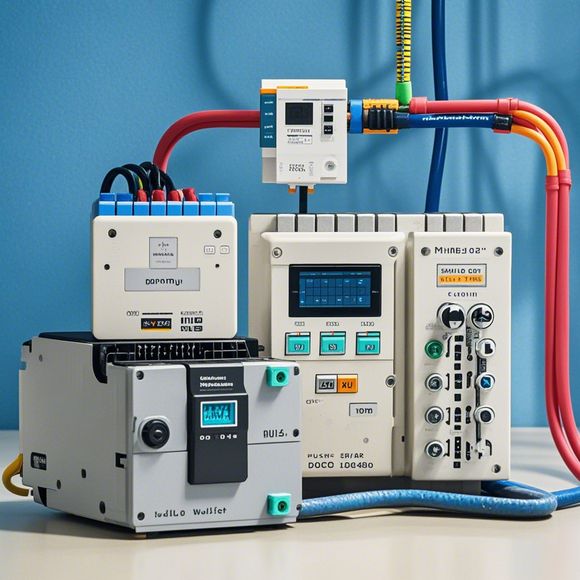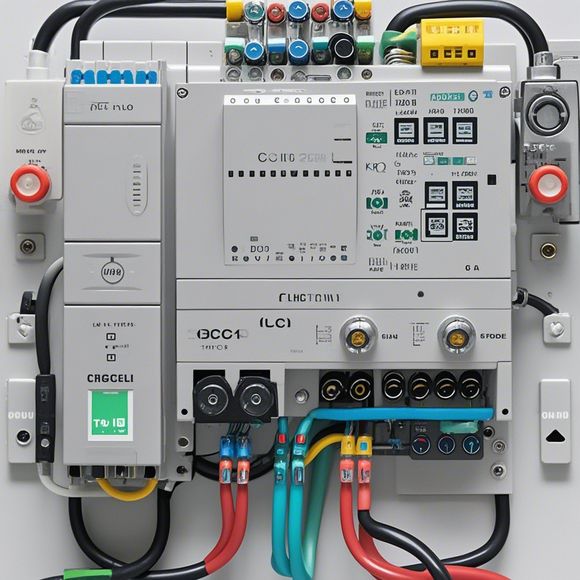Programmable Logic Controller
A Programmable Logic Controller (PLC) is a device that can be programmed to perform a wide range of tasks. It is used to control industrial processes, such as manufacturing and assembly lines. PLCs are designed to be easy to use and can be controlled by computer software. They are commonly used in factories, hospitals, and other industrial settings where precise control of processes is required. In addition to their ability to control complex systems, PLCs also offer the advantage of flexibility and scalability. They can be easily modified or upgraded to meet changing needs, making them an ideal solution for modern industrial applications.
In today's highly competitive world, the role of technology has become crucial in every aspect of industry. The use of Programmable Logic Controllers is one such example that has revolutionized the way we operate our manufacturing and industrial processes. These controllers are designed to automate complex tasks, streamlining operations while improving efficiency and accuracy. In this article, we will discuss why Programmable Logic Controllers are essential for any business looking to enhance productivity and reduce costs.
Firstly, it's important to understand the concept of a Programmable Logic Controller. This device works by using a series of switches and relays, programmed with specific instructions, to control the flow of electricity through electrical circuits. This allows for precise and efficient control of various devices and systems. By programming the controller to perform specific tasks, businesses can optimize their operations, reduce waste, and improve overall efficiency.
One of the primary benefits of Programmable Logic Controllers is the ability to automate repetitive and complex tasks. For example, imagine a production line where multiple products need to be produced in sequence. Using a Programmable Logic Controller, the system can be programmed to automatically adjust the speed and sequence of production based on demand, ensuring consistent quality and efficiency. This not only reduces downtime but also minimizes errors and waste.
Another significant advantage of Programmable Logic Controllers is their flexibility. These controllers can be programmed to perform a wide range of functions, from simple logic control to complex algorithms. Businesses can tailor their controllers to suit their specific needs, whether they require control over heating systems, lighting systems, or even robotic assembly lines. This flexibility ensures that the controllers remain relevant even as technology evolves and new challenges emerge in different industries.

The cost-effectiveness of Programmable Logic Controllers is another compelling reason for businesses to invest in these devices. Unlike traditional hardware controllers, these controllers are programmable, allowing businesses to save money on hardware purchases. Additionally, the software used to program these controllers is often available for free or at a low cost, further reducing the initial investment required. Over time, the savings from reduced maintenance costs and increased operational efficiency more than offset the initial investment.
Moreover, the reliability and safety features of Programmable Logic Controllers are paramount in many industries. These controllers are designed to handle high loads, making them ideal for applications where safety is critical, such as in chemical processing or heavy machinery. They also feature advanced protection mechanisms, such as overload protection, fault detection, and automatic shut-down systems, ensuring that the equipment remains safe and secure throughout its operation.

Finally, the integration capabilities of Programmable Logic Controllers make them an attractive option for businesses looking to expand their operations or enter new markets. These controllers can easily be connected to other devices and systems through communication protocols such as Ethernet or Modbus, enabling them to work seamlessly with existing or future infrastructure. This makes them ideal for businesses looking to expand their reach or improve their operations in new regions.
In conclusion, Programmable Logic Controllers have become a crucial component in modern manufacturing and industrial processes. Their ability to automate complex tasks, improve efficiency and reduce downtime, and offer flexibility, cost-effectiveness, reliability, and integration capabilities make them an essential tool for businesses looking to enhance productivity and stay ahead of the competition. As technology continues to advance, we can expect even greater benefits from these controllers, transforming the way we operate and innovate in the ever-changing landscape of industry.

Content expansion reading:
Articles related to the knowledge points of this article:
PLC Programming for Automation Control in the Manufacturing Industry
How to Use a PLC Controller for Your Business
Connecting a PLC Controller to Your Computer
PLC Controllers: A Comprehensive Guide to Understanding Their Prices